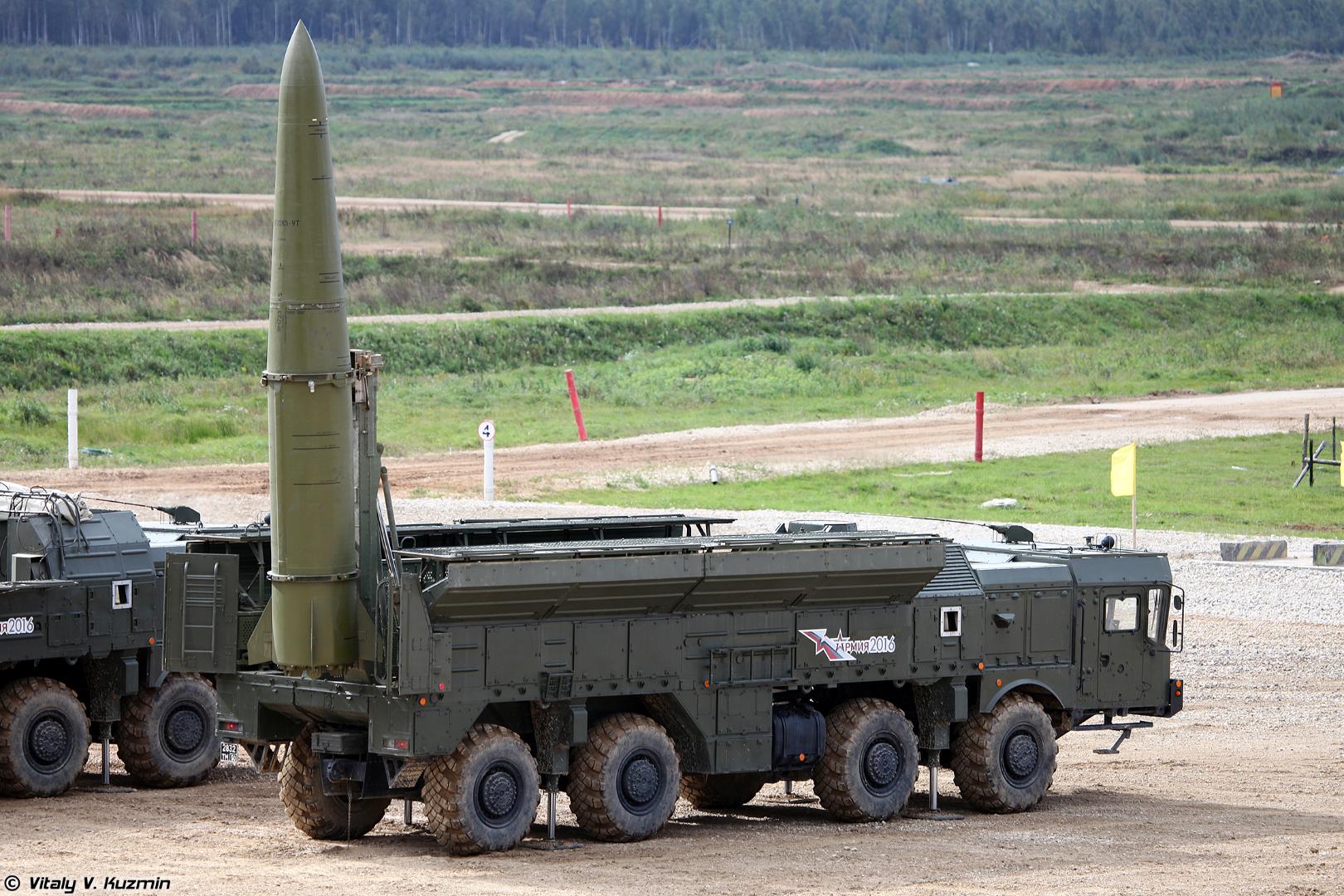Withdrawal from the Intermediate-Range Nuclear Forces Treaty (INF), a jewel in arms control agreements struck during the cold war, was a slow moving process commencing in the mid 2000s. There had been expressions of concern from Russia about China - not a party to the bilateral treaty between Washington and Moscow - developing weapons prohibited under the INF. Russia also criticised US proposals to station anti ballistic missile systems in Europe. In 2014, and in subsequent years, the US State Department’s compliance report concluded that Russia was in violation of the INF based on development of a cruise missile with a range, prohibited under the treaty, of more than 500km. Russia denied violation and accused the US of noncompliance. On 2 February, the Trump administration suspended the US’s compliance with the treaty. The INF ceased to exist on 2 August 2019 when the US officially withdrew from the treaty.
Why It Matters
The 1987 INF Treaty was considered the most significant arms control agreement negotiated between the US and the USSR transforming the cold war and stabilizing relations between its adversaries. The treaty was signed by Soviet General Secretary Mikhail Gorbachev and US President Ronald Reagan following widespread public demonstrations in the early 1980’s calling for a halt to the nuclear arms race. Among them was the Greenham Common protest in the UK that captured headlines at the time.
The death of the INF, viewed with alarm as part of the splintering of arms control by nuclear non-proliferation supporters, also reflected post cold war realities of a bi-polar world: China’s development of intermediate-range missiles, and its unwillingness to join the US and Russia in broadening the treaty despite calling on the US to reconsider and stay in it; as well, US withdrawal from the 1972 Anti-Ballistic Missile (ABM) treaty and its expansion of missile defense led to Russian claims it was in violation of the INF.
Further materials:
https://kozmetskycenter.org/briefing-january2019/
https://nuke.fas.org/control/inf/text/inf.htm
https://www.bbc.com/news/world-us-canada-49198565
https://www.armscontrol.org/act/2002-07/news/us-withdraws-abm-treaty-global-response-muted





